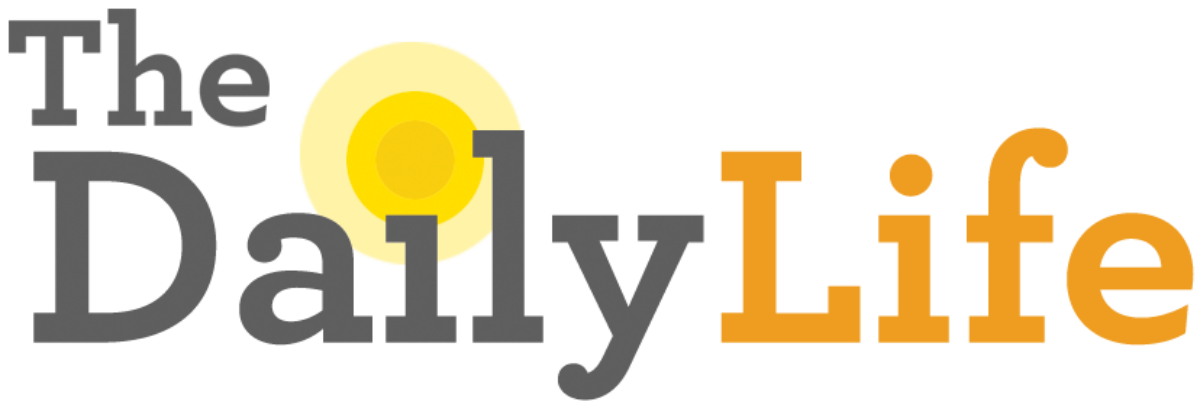Should We ALL Take Sleep Aids?
Recent Advances in Sleep Science May Save Lives
We’ve all heard the studies…
Sleeping 6 or fewer hours a night doubles your risk of death, causes depression and kills sexual performance.
It lowers our IQ, puts us “at-risk” for heart disease, heart attack, irregular heartbeat, stroke, high blood pressure and diabetes.
And if that’s not enough, it makes us fatter and makes us look older too.
When we experience healthy sleep, the opposite happens. Yet despite this knowledge, 1 out of 3 of us still get too little sleep.1
Because our understanding of sleep has come a long way over the last few years, I began to wonder…
Could we all benefit from advances in sleep aid technology?
When is a Sleep Aid Right for You?
The best way to get a good night’s sleep is all-natural. That means having good “sleep hygiene.”
Good “sleep hygiene” triggers the release of the right hormones at the right times to get us to sleep, keep us asleep and walk us through all 4 stages of sleep.
A great sleep hygiene routine means that you go to bed and get up at the same time every day… You make your bedroom as dark and quiet as possible…
And avoid bright lights (especially blue lights) for at least 1 hour before bed.
It also means avoiding exercise, caffeine, nicotine and alcohol within 4 to 6 hours of bedtime.
Practicing good sleep hygiene will help anyone sleep better. But what can you do if good sleep hygiene either isn’t possible… Or isn’t enough?
In both cases, modern “sleep aids” may offer hope.
Recent Sleep Aid Breakthroughs

There was a time when your only sleep aid option was to get a prescription for a “benzo.”
Benzodiazepines like Valium and Xanax always carry a risk of addiction. But there’s a much bigger problem… they actually mess up your sleep.
Donna Arand, PhD, clinical director of the Kettering Sleep Disorders Center says the problem with benzos is that:
"They tend to decrease the amount of time spent in certain stages of sleep, particularly stages three and four (the deepest, most restful stages of sleep)."
The problem is that stage 4 sleep is where the magic happens… Because stage 4 is when 80% of all human growth hormone is released to grow and repair your body. 2
Fortunately, there are now several non-benzo options for getting a better night’s sleep.
New Sleep Aids and How They’re Used
What has modern science done to make things better?
Rather than sedating you for hours on end like benzos, modern sleep aids are intended to be used precisely to address your unique needs.
Rozerem, for example, is taken before bed and affects the hormones that make you go to sleep and stay asleep.
Sonata is taken to fall asleep but wears off quickly. That means it can be taken to fall back asleep in the middle of the night. But it does nothing to keep you asleep beyond 1 or 2 hours.
Ambien can be taken to help you fall asleep but it also wears off fairly fast. After about 2 or 3 hours the effects begin to wear off.
Ambien CR has two layers… One quick-release layer to help you get to sleep… And another slow release layer that keeps you asleep all night.
Lunesta lasts all night long so it can be great for people who wake up in the middle of the night and can’t fall back to sleep. But that means if you take it too late you may feel groggy in the morning.
One of these – or another like them – may be the tool you need to get the great night’s sleep you deserve.

Where to Get Cutting Edge Sleep Aids
When you’ve done everything you can to naturally improve your sleep, it may be time to seek the help of a modern sleep aid.
Over-the-counter sleep aids are little more than re-branded cough and allergy medication.
And you cannot possibly diagnose your specific sleep problems without sophisticated technology. So, you can’t possibly prescribe the right solution for your specific issues.
That’s why it makes sense for those who want the best night’s sleep to seek the help of a professional. Not only can they figure out exactly what’s going wrong – they can prescribe a modern sleep aid that’s right for you.
Finding the right sleep aid can change your life… no more late nights lying awake… no more groggy mornings… no more struggling to stay awake in the afternoons…
And who wouldn’t benefit from a higher IQ and improved focus?
Plus, considering how serious the consequences of bad sleep are, I had to ask: Should we ALL be using sleep aids?
The answer is, probably not ALL of us. But a LOT of us can benefit from the help they provide. Which leads to the only question that matters:
Should YOU be using a sleep aid?
Interested in better sleep? Hit the button below to search sleep specialists in your area.
Article sponsored by sleepaidsace.com
1. http://www.webmd.com/sleep-disorders/features/10-results-sleep-loss#1
2. http://www.webmd.com/sleep-disorders/features/to-sleep-perchance-to-sleep-soundly#1


